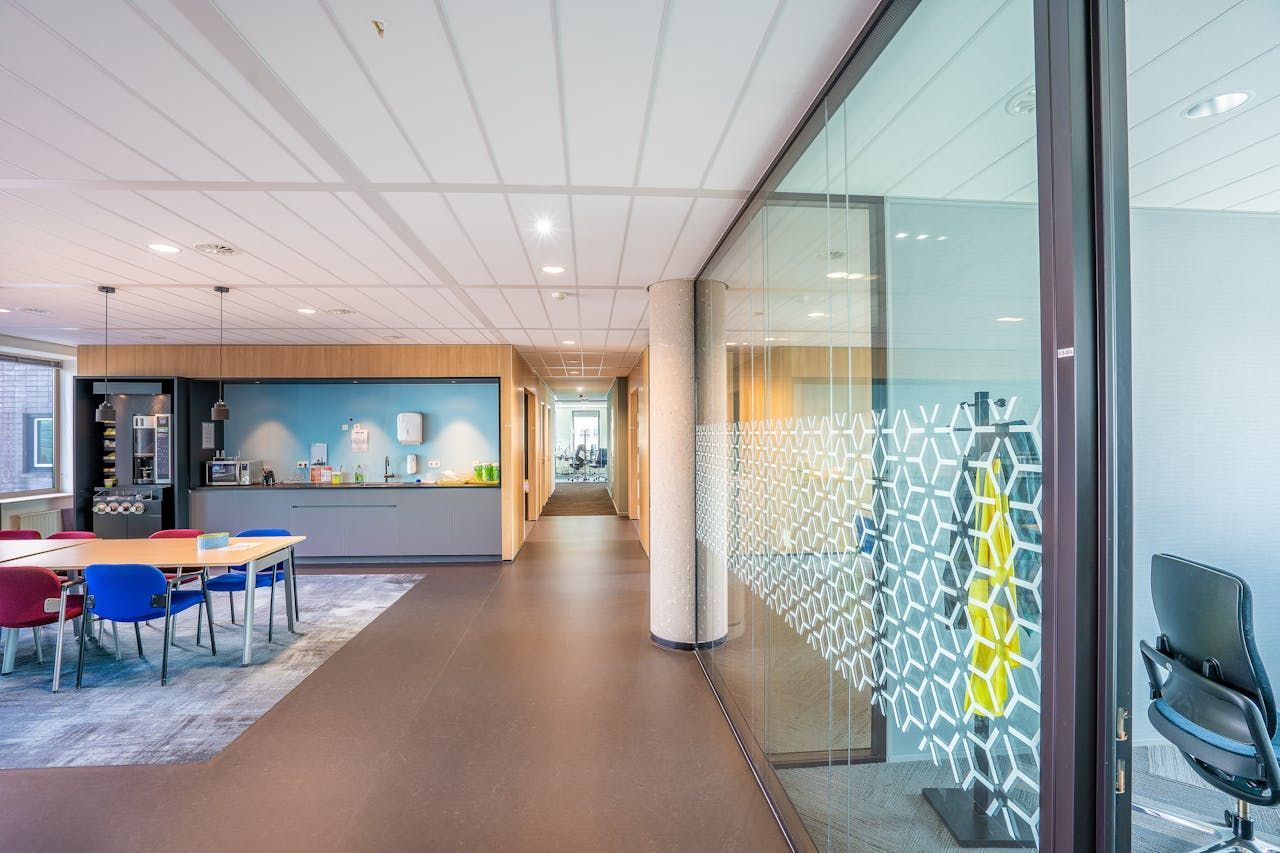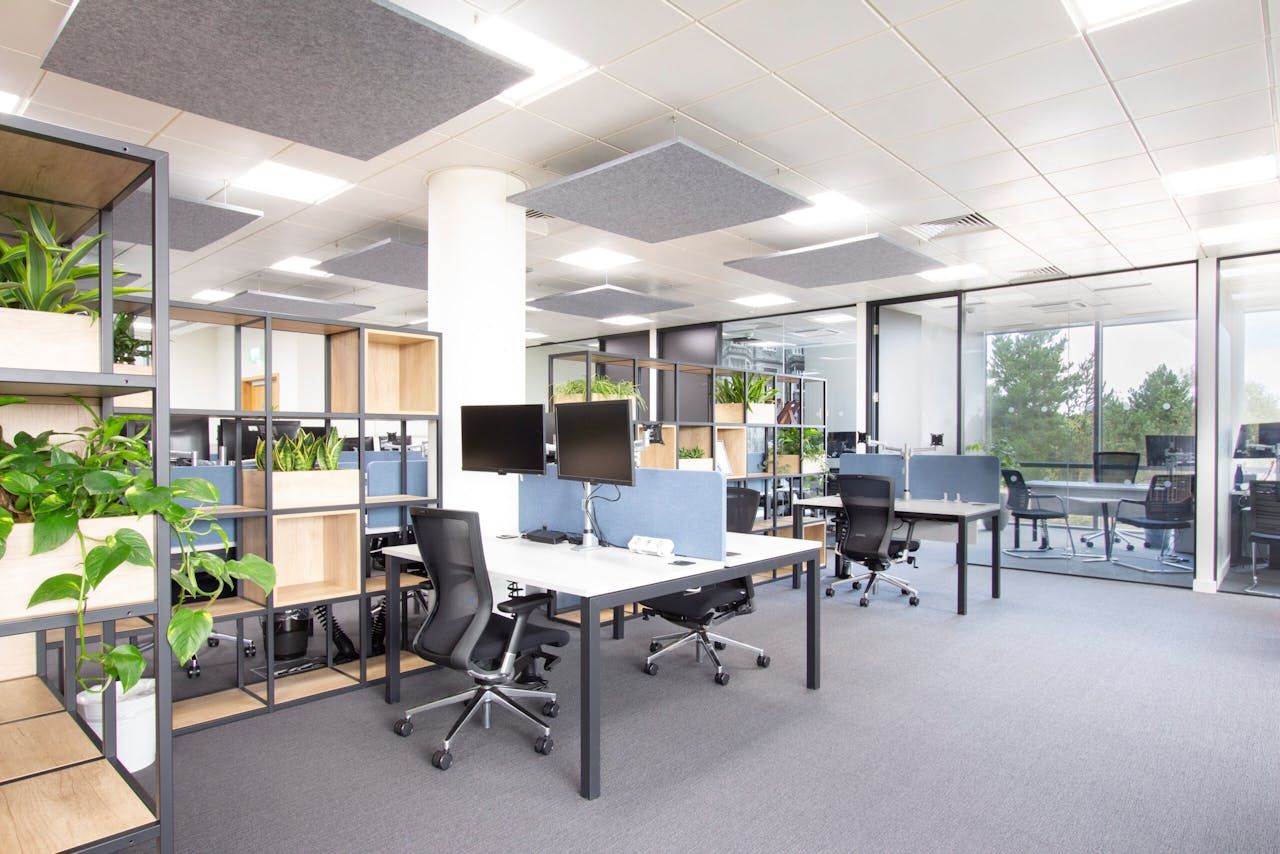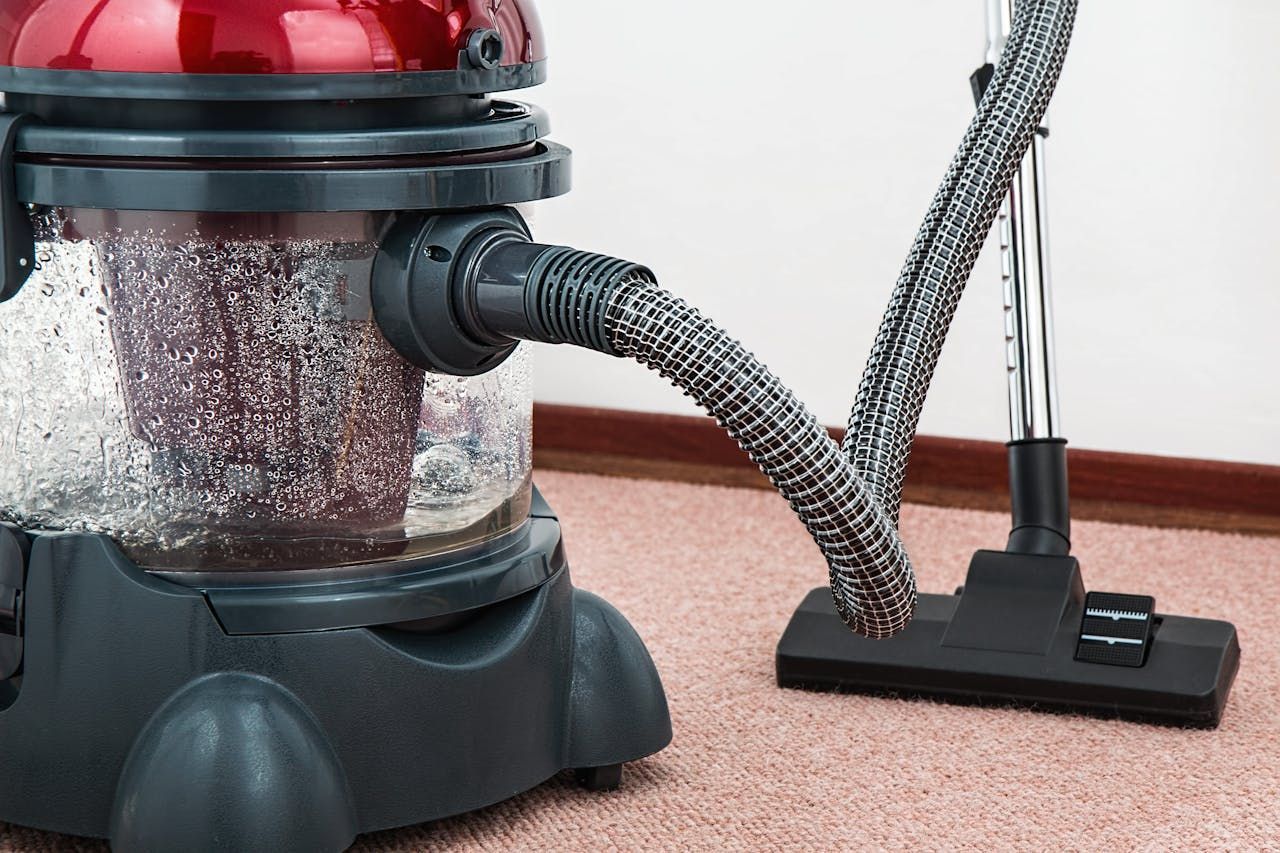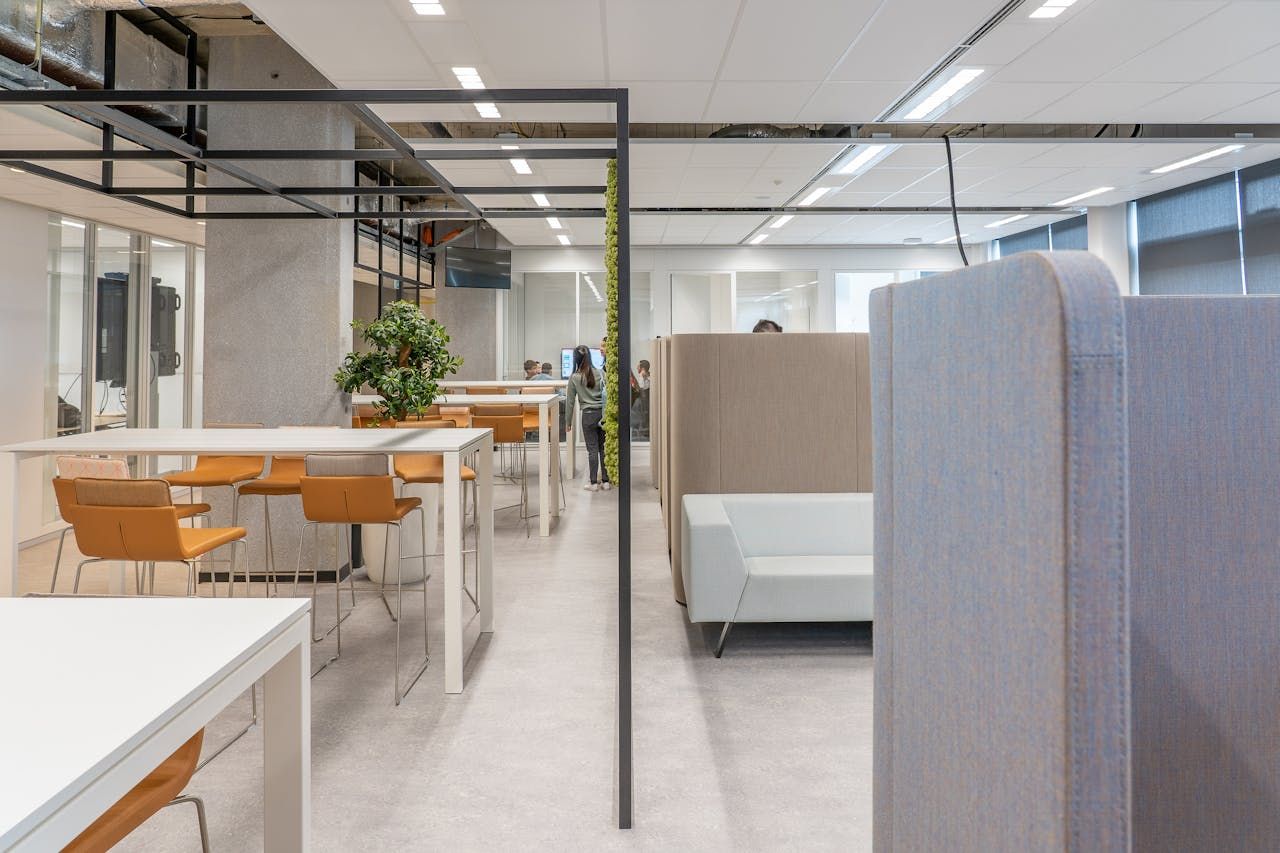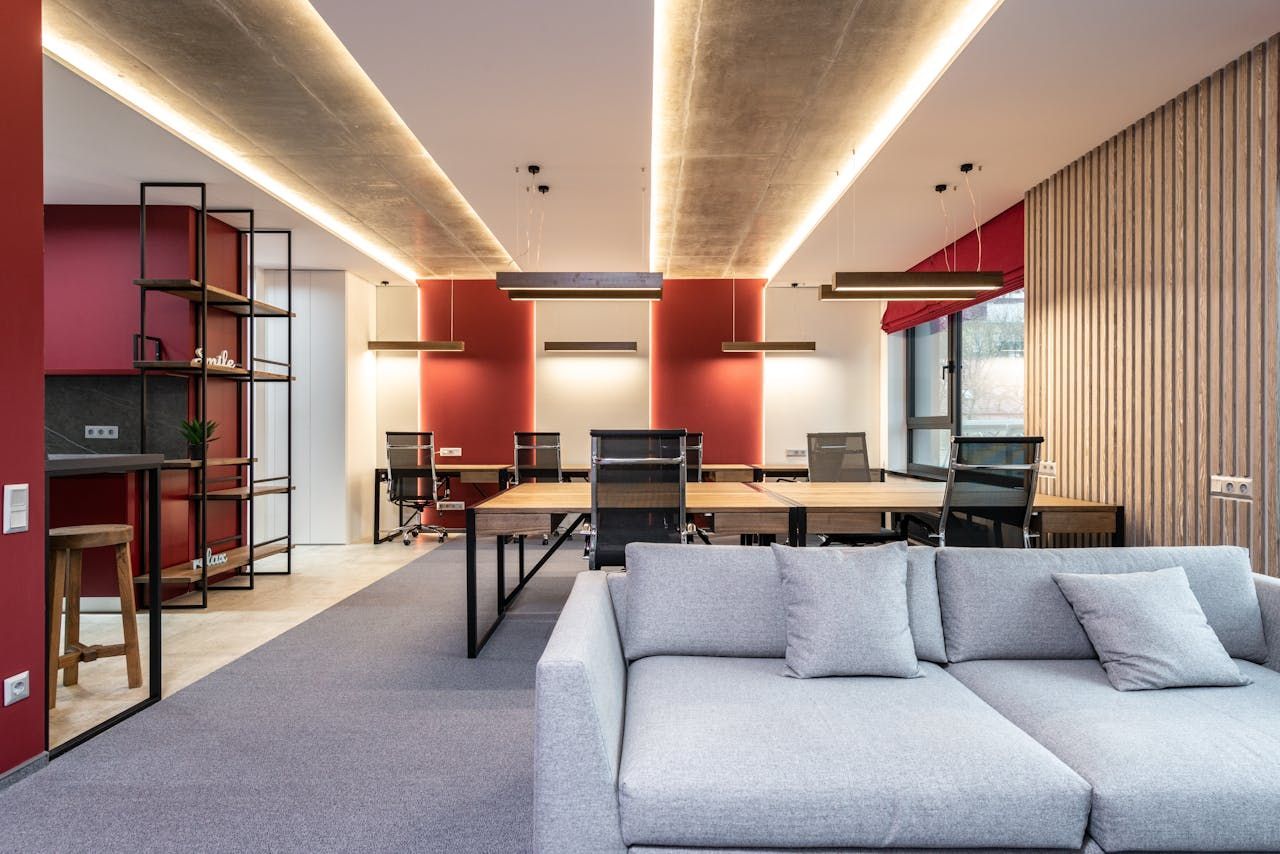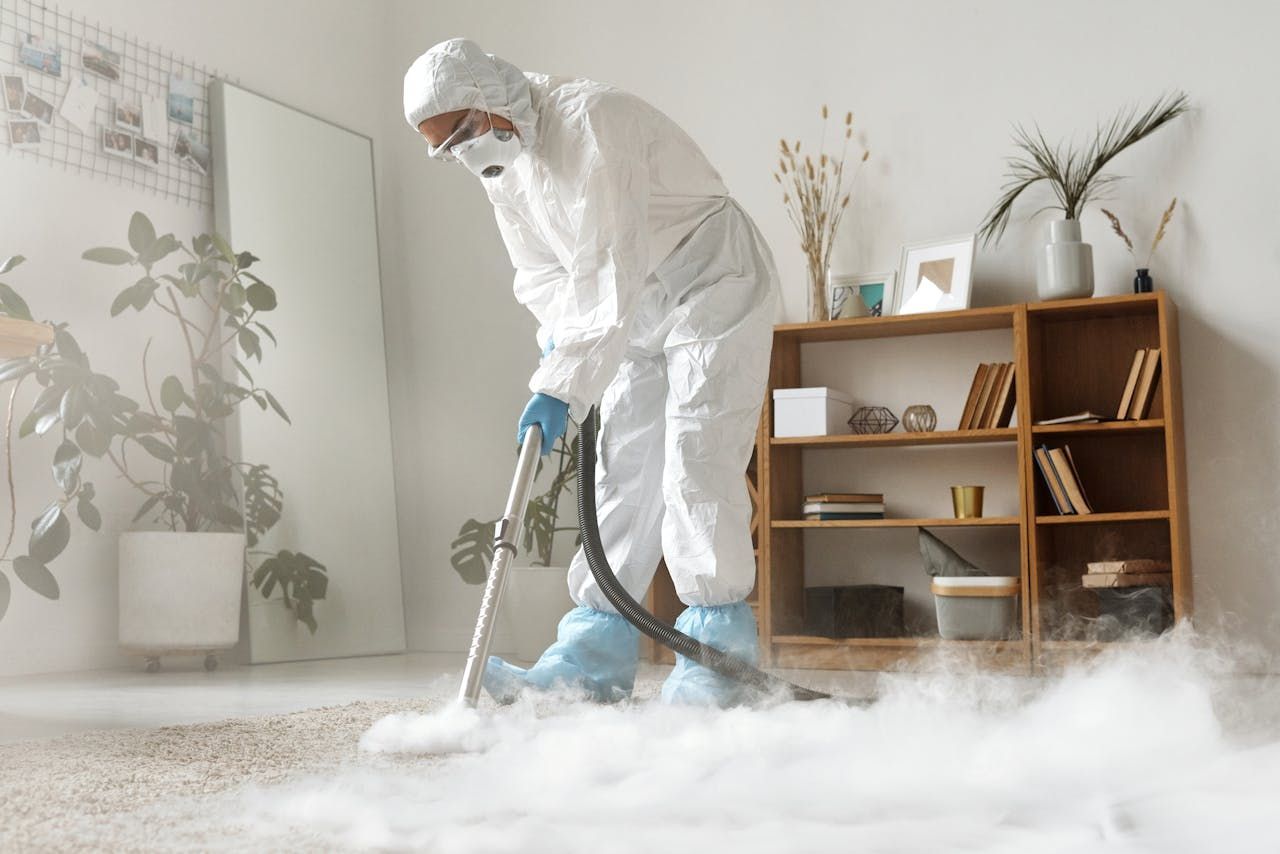Messy Office, Messy Mind? The Real Link Between Clutter and Morale
Feeling overwhelmed by the clutter surrounding you at work? You’re not the only one. Many businesses lose track of their organisation methods when busy periods strike, and just like that, you find yourself with piles of paperwork, cupboards of old tech and altogether too much stuff.
But while the likes of Marie Kondo have done wonders for household clearouts, the concept of ‘tidy house, tidy mind’ can apply to work too. Messy, cluttered workspaces can impact more than just the amount of space you have. They can affect employee morale and mental well-being, too.
Let’s take a look at the connection between mess and morale - we’ll share our tips on how you can keep on top of your stuff and what to do if you feel overwhelmed by the prospect of keeping an entire office organised.
The Psychology of Clutter
A little bit of mess might seem harmless and might even be excused by tight deadlines and busy roles. The problem is that research shows us how profound of a psychological effect clutter can have on your team.
And the more mess you’re exposed to, day after day, can lead to some not-so-productive problems like:
- Visual Overload: Clutter in the workplace and especially at a desk creates visual chaos, leading to an unavoidable rise in feelings of overwhelm and stress. Not exactly the way you want a productive team to feel.
- Distraction and Focus: Clutter like unfiled paperwork, rubbish on desks and boxes in walkways can disrupt concentration and make it difficult to focus. This might seem obvious, but we can go blind to the clutter constantly distracting us and wonder why we’re struggling to focus!
- Sense of Control: A cluttered environment can make employees feel like they lack control, which doesn’t do much to help foster creativity, innovation and teamwork.
- Emotional Impact: Clutter can bring feelings of stress and overwhelm, and sometimes not even in obvious ways. If your staff report feeling a background sense of stress they can’t really explain, it could be down to clutter.
The Impact of Clutter on Morale
As a business manager or owner, you know your team needs to feel valued and comfortable to be productive at their jobs. A messy office could be the hidden problem holding them back from their full potential. Since mess can get in the way of communication and morale, clutter can ultimately start hurting your business as a whole…
- Poor Productivity: Poor focus, difficulty finding documents, wasted time searching for items and distractions.
- Anxiety Issues: Messy workspaces contribute to stress, anxiety and burnout, partly due to mess raising cortisol levels.
- Feeling Neglected: Mess makes people feel like they don’t matter and leads to feeling frustrated and disgusted by their own workplace!
- Team Dynamics: If lots of things lying all over the place is the norm, staff can begin to share the same laissez-faire attitude with their work.
- Health Concerns: The accumulation of clutter can lead to an increased risk of illness due to the dirt, bacteria and rubbish.
Creating a Clutter-Free Workplace
Now that you know just how mess and clutter can endanger your business and your team, what can you actually do about it? Clutter is a common problem, but there are a few easy strategies you can put in place to give your team the clean and clear environment they deserve:
- Consider Implementing Decluttering Strategies Like…
- The "one in, one out" rule that instructs you to throw away one item for every item you bring into the office. For example, if you bring in a new coffee mug, an old, broken or unused one needs to be thrown away or donated to your local charity shop. Or other easy rules like the KonMari Method of removing objects that don’t ‘spark joy’ or bring usefulness.
- Effective use of storage solutions, such as filing systems for documents or boxes and shelving for products. You could also consider digitising documents to shift the physical clutter of paperwork.
- Recycle old tech. If you have company printers, servers, laptops or other industry-specific tech that is no longer fit for purpose, consider recycling them to save space and update your systems.
- Work In Simple Organisation Tips For The Whole Office…
- Implement a clean desk policy, bringing in a culture of clearing off and wiping down desks at the end of the day. Adopting a cleaning schedule can be a great way to blend this into the regular workday and share the load of cleaning responsibilities.
- Use labels and organisers to quickly and cheaply bring order to chaos.
- Create designated spaces for different items, such as a cupboard for stationery and a storage room for unused furniture.
- Don’t Forget The Role of Leadership In A Tidy Office…
- Leaders should set clear expectations, provide resources and lead by example. The same applies to office cleanliness. By allowing clutter to build up, you set a standard for your team to follow, so creating a tidier standard can set you up as a trusted leader.
The Benefits of a Clean and Organised Office:
If the thought of implementing decluttering methods in your office feels overwhelming, just think of the benefits you’ll start noticing immediately.
- Improved Focus and Productivity: A clutter-free workspace makes it so much easier to concentrate on the task at hand!
- Reduced Stress and Anxiety: An organised environment creates a sense of calm, and that’s exactly what staff need when they get to work.
- Increased Creativity and Innovation: A clear space can encourage creativity, as it’s easier to follow ideas without mess in the way.
- Better Communication: A tidy workspace facilitates teamwork, as there are fewer obstacles in the way - literally.
- Positive Company Image: A clean and organised office creates a professional impression for your business, not a messy one.
LNC Services: Your Partner in Combatting Clutter
Sometimes, it takes more than a little tidy-up to get things organised. You can call in the specialists if your cleaning schedule is taking you away from your central role. At LNC, we have worked with a huge variety of businesses to turn messy spaces into productive ones and keep them that way.
Here are just some of what we can do:
Deep cleaning and decluttering
We can clear out the lion’s share of clutter if it feels too daunting to do alone and give you a clean slate to start with.
Ongoing cleaning and maintenance
The first clear-up can be fun, but maintaining that level of cleanliness while juggling other responsibilities may be unrealistic. We’re here to help keep things clean and tidy.
Equipment deep cleaning
We can professionally and carefully deep clean your computers, telephones, audio-visual equipment and other tech, removing dust and grime without damaging anything.
Pest control
Unmoved clutter or rubbish buildup can create the ideal home for unwanted critters like mice, spiders, ants and more.
Let us handle the clear up, so you can focus more on what matters most in your role.
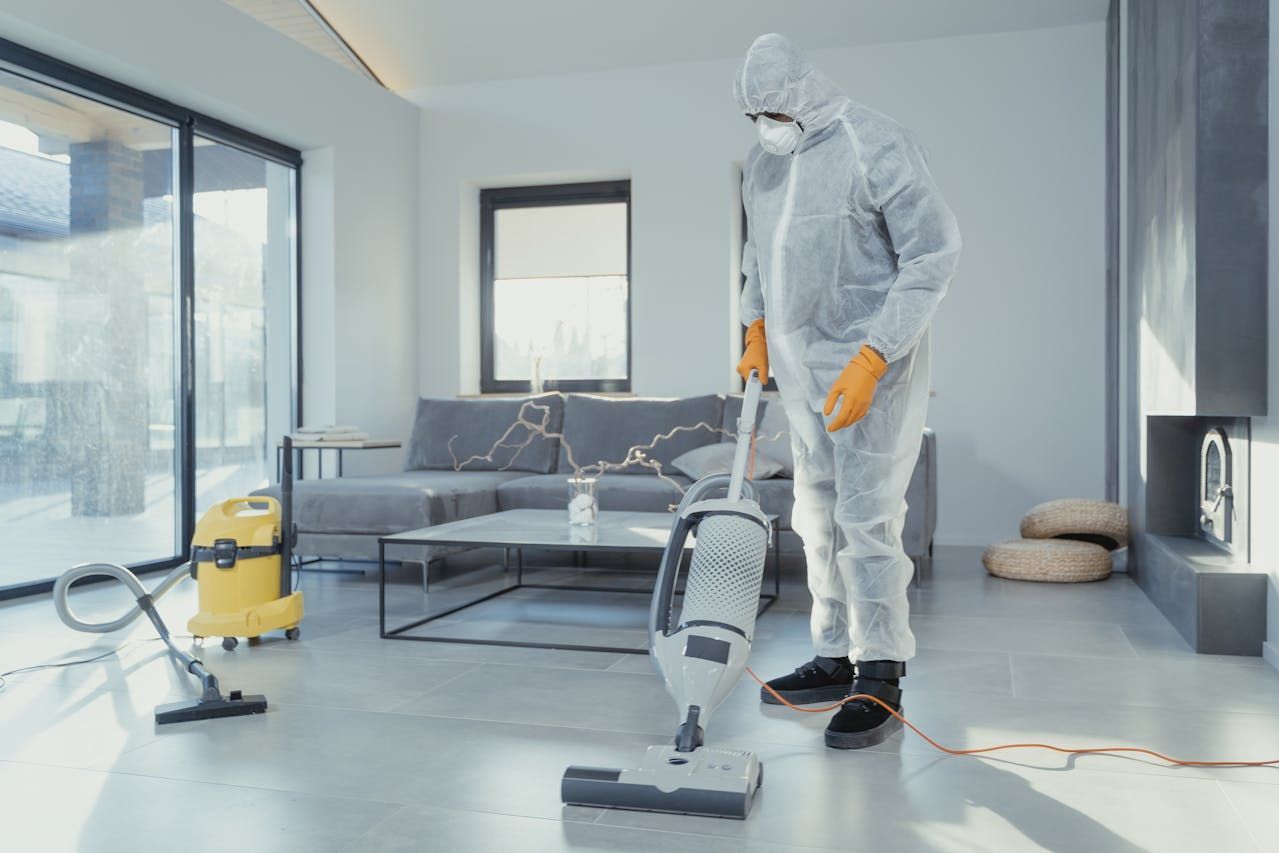
Clear Clutter, Boost Morale
Clutter in your office doesn’t just lead to inconvenience and chaos, it’s directly reducing productivity and morale levels. Because clutter and mess can have such an impact on team spirit, communication and safety, it’s time to prioritise a clean workspace.
By decluttering and organising your office with the help of a commercial cleaning professional, you can empower your employees to do what they do best. Minus the mess.
Get in touch
with the expert cleaning team here at LNC to find out how we can help take the cleaning stress out of your hands.
